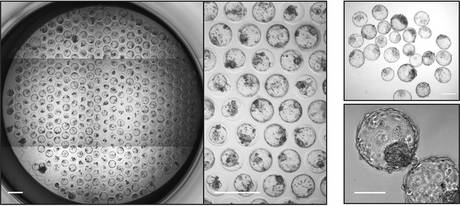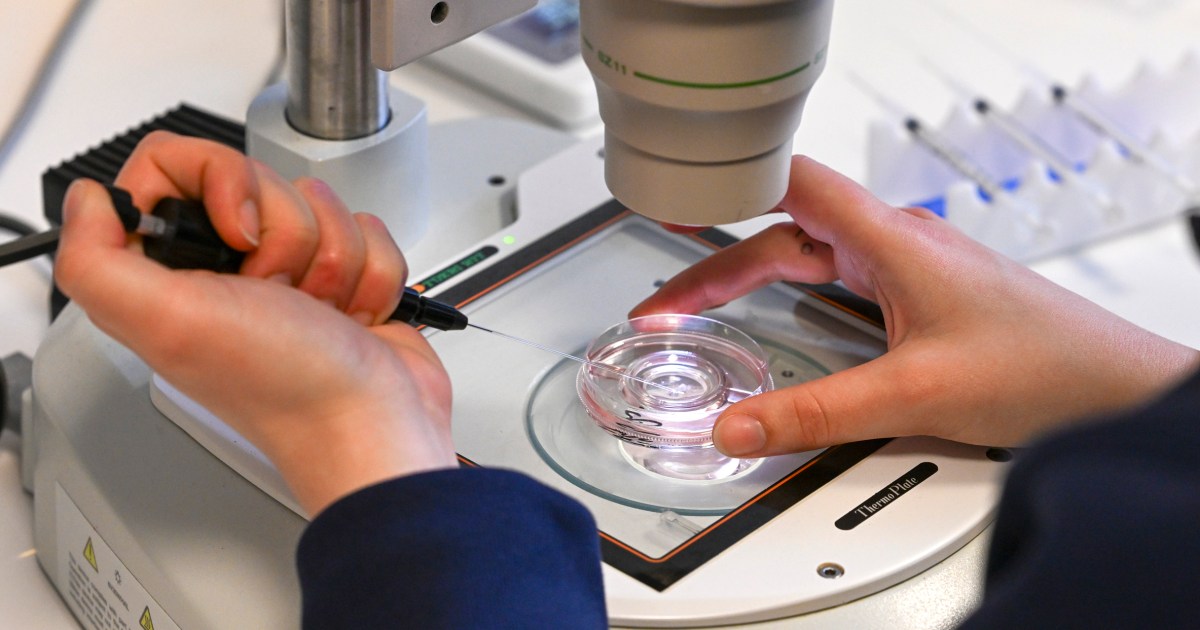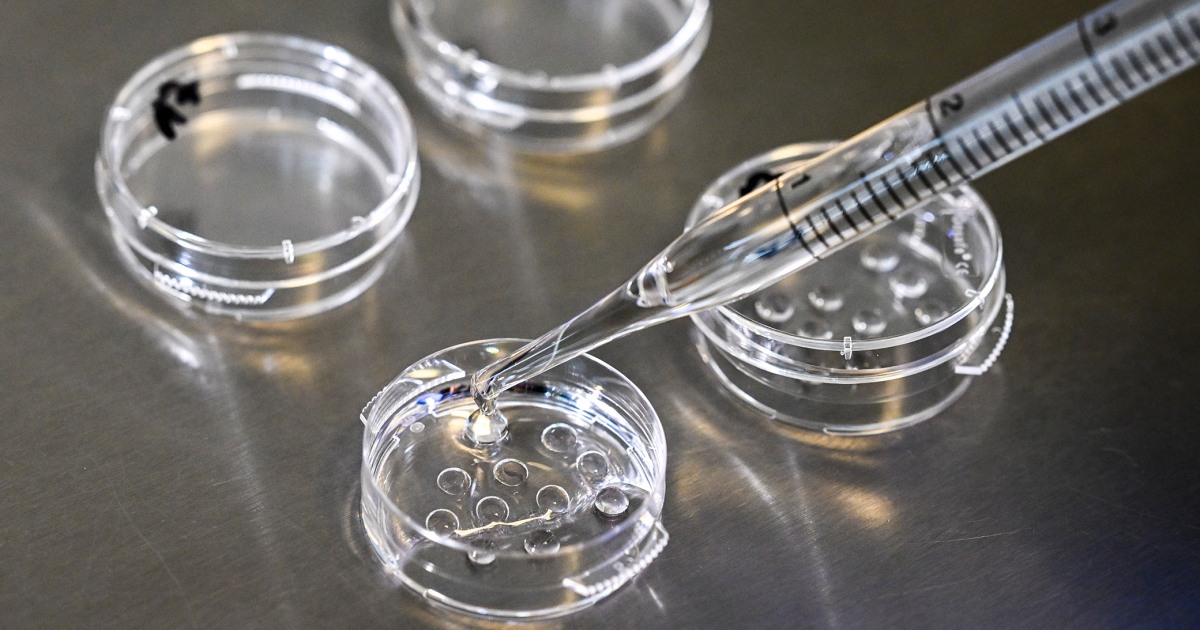They made their debut in biology laboratories only a few months ago, yet the 'avatars' of human embryos are already bearing fruit in scientific research. Obtained from adult stem cells, and therefore free from ethical implications, they can summarize under the eyes of researchers all those developmental processes of the embryo that would otherwise be impossible to study in the womb. Crucial to accelerating advances in reproductive medicine, they have already made it possible to identify two new molecular 'switches' of fertility, which will increase the efficiency of artificial fertilization and lead to the development of new generation contraceptives, which are safer and easier to use.The result is published in Nature by the Institute of Molecular Biotechnology of the Austrian Academy of Sciences (IMBA).
“Our goal - explains the coordinator of the study, Nicolas Rivron - is to give women more power, allowing them to better control their fertility, whether they want to prevent pregnancy or want to increase the chances of having a child.
We want to make family planning simpler, more convenient and suited to the challenges of modern society ”.
The blastoid, the avatar of a human embryo at an early stage of development (source: Rivron / Nature / IMBA)
The study is based on experiments conducted using 'blastoids', that is, three-dimensional cellular structures very similar to the human embryo in its initial phase of development (blastocyst).
Described for the first time in Nature last March by two independent research groups, one from Australia and the United States, they have also been used by Austrian researchers, who cultivated them for 13 days to obtain clusters of about 300 cells.
A blastoid culture (source: Rivron / Nature / IMBA)
Thanks to these models, they were able to identify the molecular signals that allow some cells of the embryo to become 'sticky' to adhere to the uterine wall. The signal can be turned off thanks to a molecule, called SC144, which has already been approved by the US Drug Agency (FDA): it could therefore pave the way for a new contraceptive pill to be taken not daily but only when needed, to prevent the implantation of the embryo in the uterus. Not being hormone-based, this drug may have fewer side effects and is also suitable for women who have had breast cancer.
Also thanks to blastoids, Austrian researchers have also identified a natural molecule, called LPA, which improves the self-organization of stem cells and therefore could favor the formation of embryos during artificial fertilization procedures.
Its experimentation could soon begin in Belgium, where the team of biologist Hilde Van de Velde at the Free University of Brussels is already awaiting the green light from the national authorities.






/cloudfront-eu-central-1.images.arcpublishing.com/prisa/QZBKEHFL6RHI5FSPQNNBZGIIUA.jpg)








